Oxytocin
Recent articles
Astrocytes orchestrate oxytocin’s social effects in mice
The cells amplify oxytocin—and may be responsible for sex differences in social behavior, two preprints find.

Astrocytes orchestrate oxytocin’s social effects in mice
The cells amplify oxytocin—and may be responsible for sex differences in social behavior, two preprints find.
The buzziest neuroscience papers of 2023, 2024
The field took note of work on brain-computer interfaces for speech, the mechanism of psychedelics, a broader definition of hippocampal representations, and more.

The buzziest neuroscience papers of 2023, 2024
The field took note of work on brain-computer interfaces for speech, the mechanism of psychedelics, a broader definition of hippocampal representations, and more.
This paper changed my life: Sandra Jurado marvels at the first-ever 3D model of a synaptic vesicle
In this 2006 Cell paper, Shigeo Takamori and his colleagues showcased the molecular machinery of synaptic vesicles in outstanding detail. Their work taught me that these aren’t just passive containers for neurotransmitters but dynamic, precision-built nanomachines.

This paper changed my life: Sandra Jurado marvels at the first-ever 3D model of a synaptic vesicle
In this 2006 Cell paper, Shigeo Takamori and his colleagues showcased the molecular machinery of synaptic vesicles in outstanding detail. Their work taught me that these aren’t just passive containers for neurotransmitters but dynamic, precision-built nanomachines.
Oxytocin shapes both mouse mom and pup behavior
Distressed pups emit distinct cries for help, which depend on oxytocin neurons in their hypothalamus.
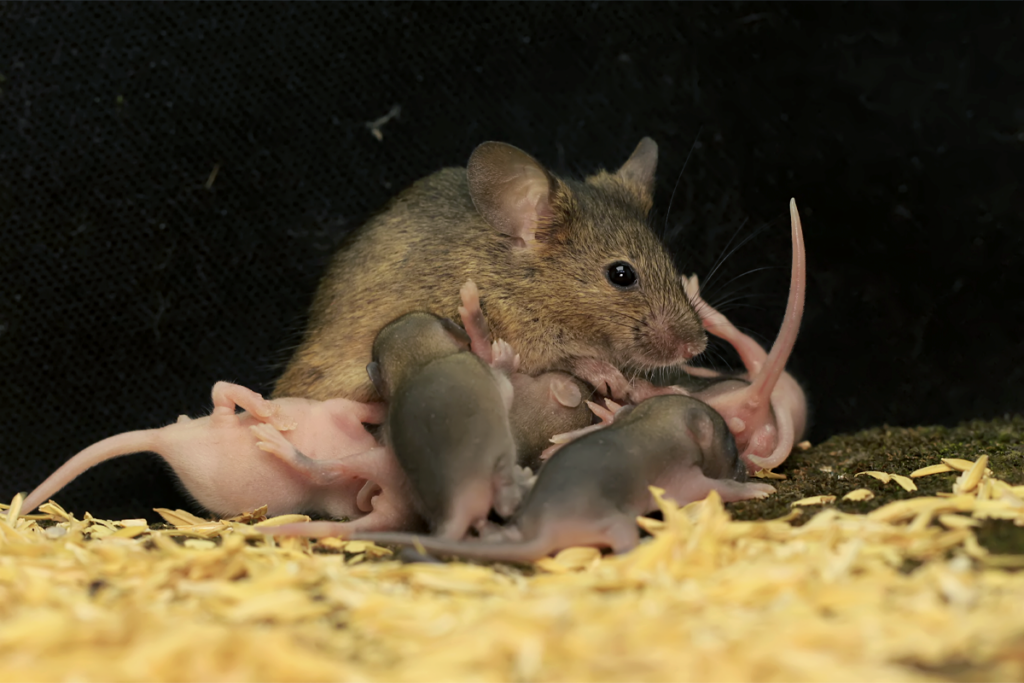
Oxytocin shapes both mouse mom and pup behavior
Distressed pups emit distinct cries for help, which depend on oxytocin neurons in their hypothalamus.
Oxytocin prompts prairie voles to oust outsiders, fortifying their friendships
The “love hormone” drives the neurobiology behind platonic bonds in animals usually studied for their romantic attachments.
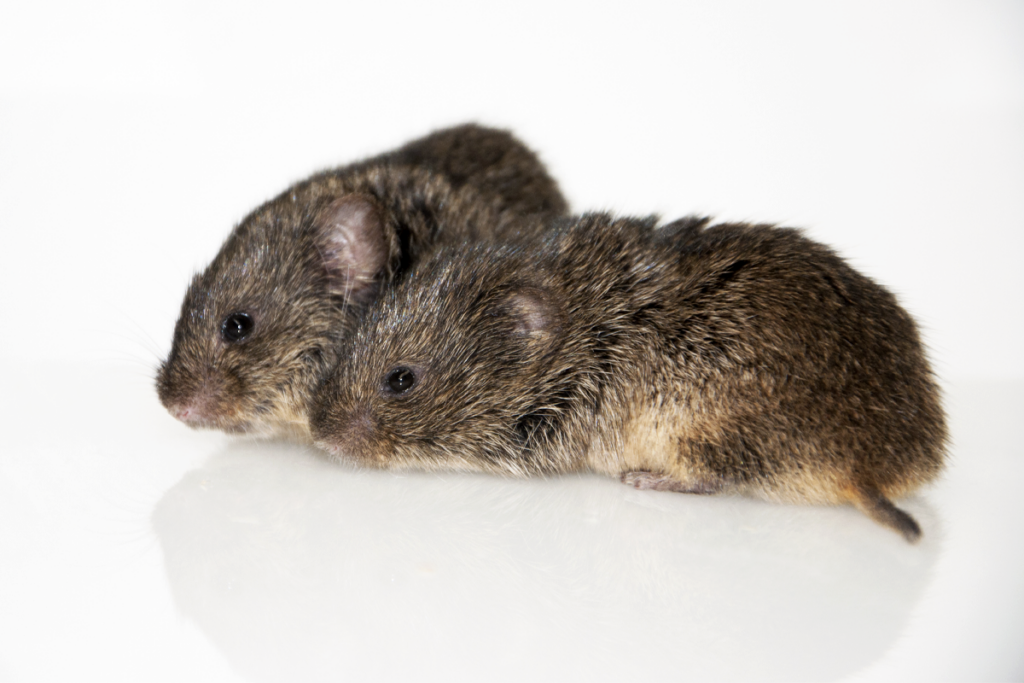
Oxytocin prompts prairie voles to oust outsiders, fortifying their friendships
The “love hormone” drives the neurobiology behind platonic bonds in animals usually studied for their romantic attachments.
Larry Young built bridges with his social neuroscience research
Known for his work bringing oxytocin studies to the mainstream, Young died unexpectedly last month.

Larry Young built bridges with his social neuroscience research
Known for his work bringing oxytocin studies to the mainstream, Young died unexpectedly last month.
Newly found hypothalamus circuits shape bullying behaviors in mice
Activity in the tiny brain region helps submissive rodents learn to avoid aggressors, and aggressive mice to curb their attacks, according to two recent studies.
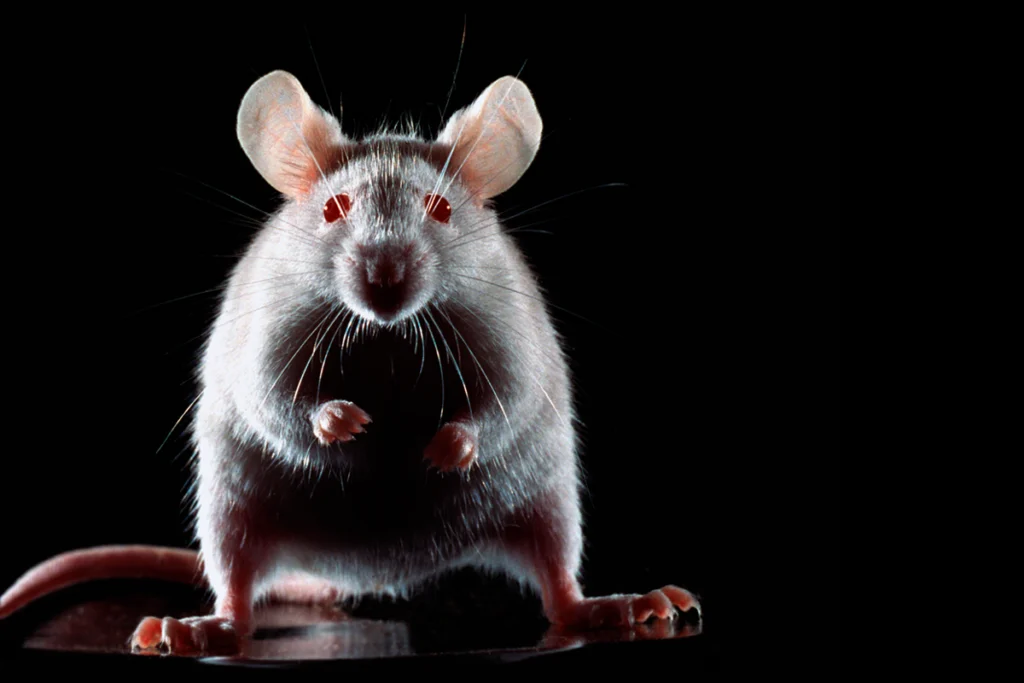
Newly found hypothalamus circuits shape bullying behaviors in mice
Activity in the tiny brain region helps submissive rodents learn to avoid aggressors, and aggressive mice to curb their attacks, according to two recent studies.
New test taps nose pokes as a proxy for social motivation in mice
Over one hour, a particularly motivated mouse poked its nose 350 times into a hole in the test chamber in the hopes of meeting a playmate.
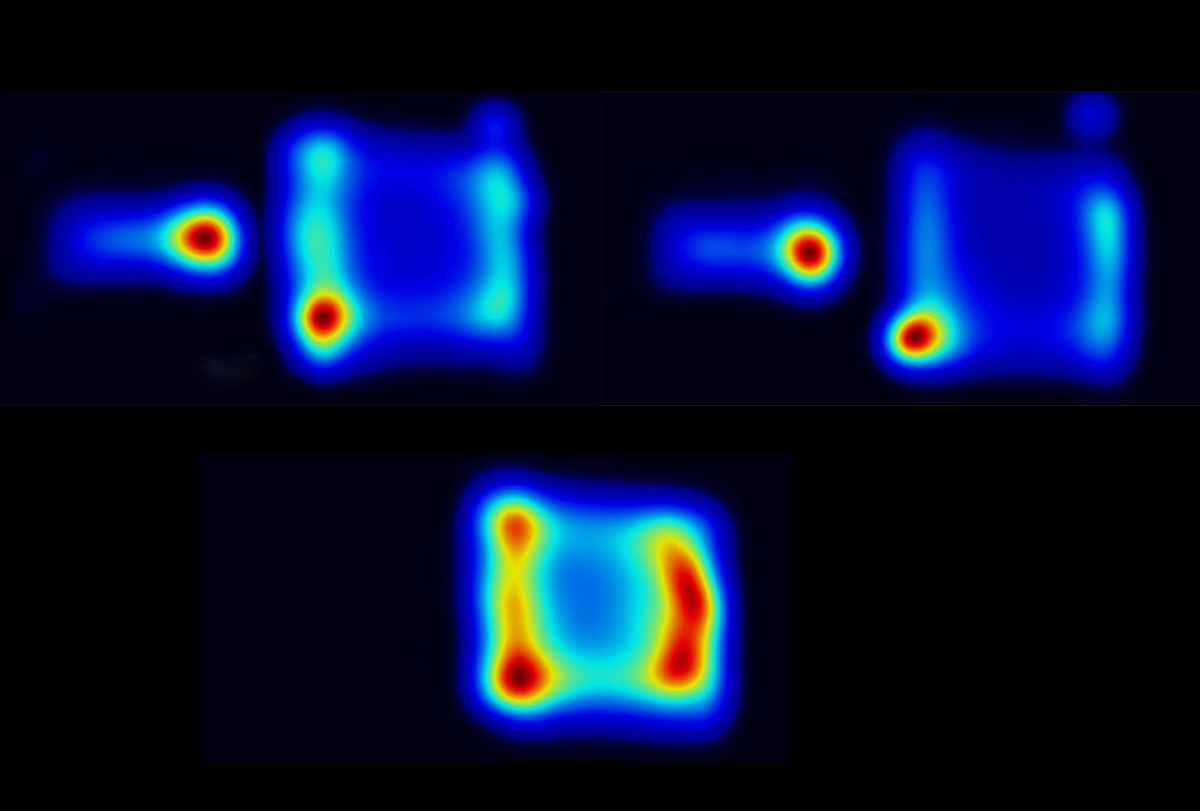
New test taps nose pokes as a proxy for social motivation in mice
Over one hour, a particularly motivated mouse poked its nose 350 times into a hole in the test chamber in the hopes of meeting a playmate.
Psychedelics give mice second chance to learn social rewards
The drugs may reopen a critical window during development in which the brain can more easily adjust its connections.
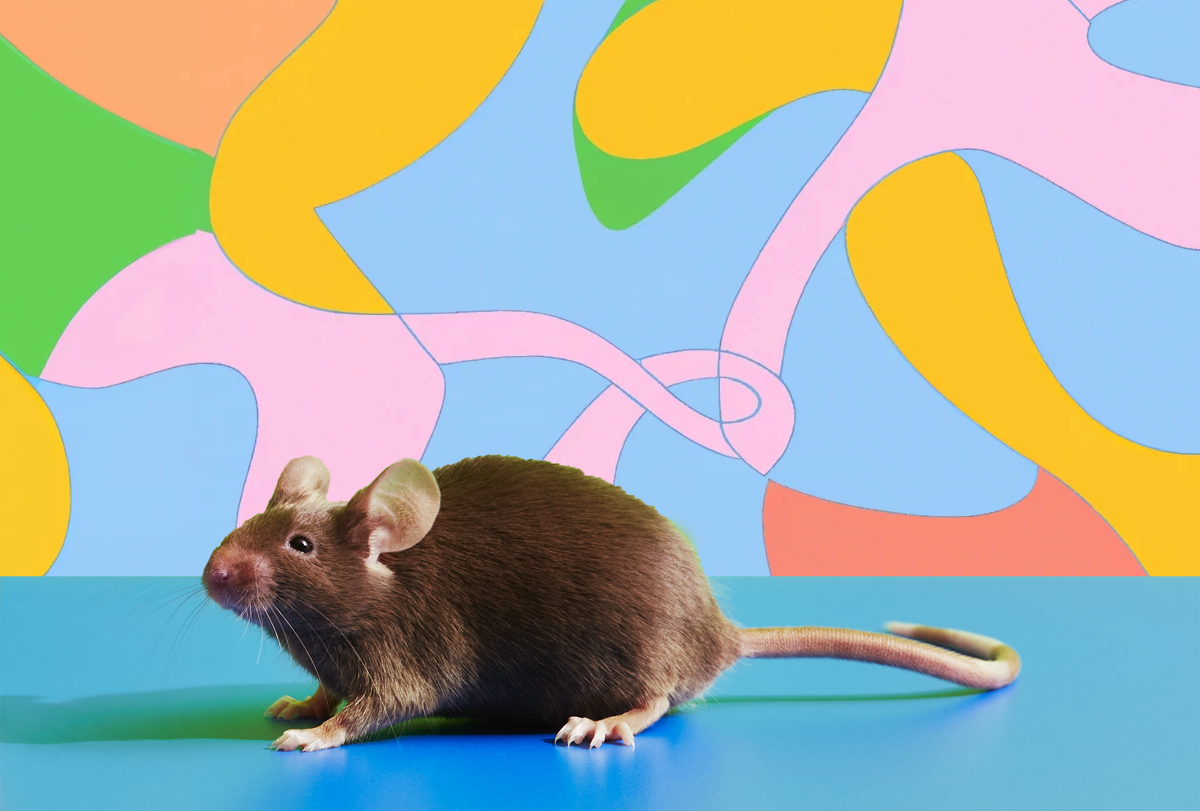
Psychedelics give mice second chance to learn social rewards
The drugs may reopen a critical window during development in which the brain can more easily adjust its connections.
CRISPR tool rids rodents of oxytocin receptors
The approach provides an “off-the-shelf” way for researchers to compare oxytocin function across species, the team says.
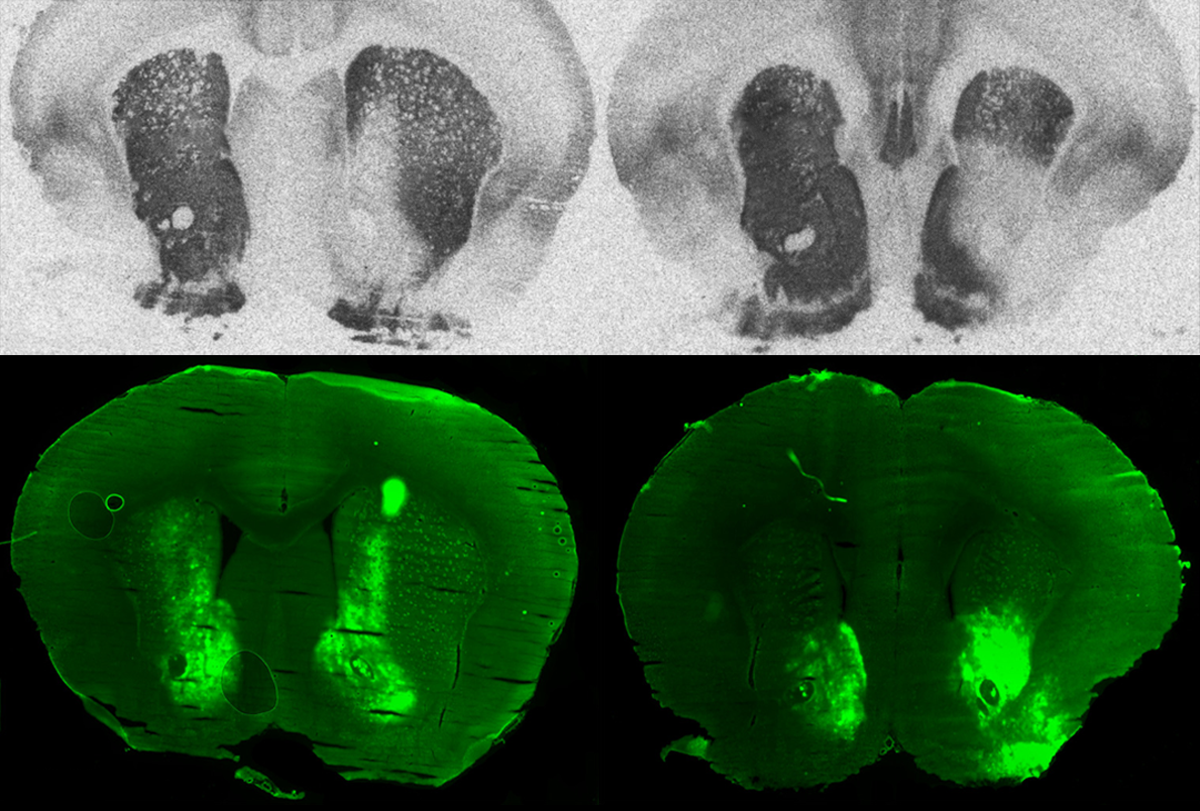
CRISPR tool rids rodents of oxytocin receptors
The approach provides an “off-the-shelf” way for researchers to compare oxytocin function across species, the team says.
Explore more from The Transmitter
Shifting neural code powers speech comprehension
Dynamic coding helps explain how the brain processes multiple features of speech—from the smallest units of sounds to full sentences—simultaneously.

Shifting neural code powers speech comprehension
Dynamic coding helps explain how the brain processes multiple features of speech—from the smallest units of sounds to full sentences—simultaneously.
Neuro’s ark: Spying on the secret sensory world of ticks
Carola Städele, a self-proclaimed “tick magnet,” studies the arachnids’ sensory neurobiology—in other words, how these tiny parasites zero in on their next meal.

Neuro’s ark: Spying on the secret sensory world of ticks
Carola Städele, a self-proclaimed “tick magnet,” studies the arachnids’ sensory neurobiology—in other words, how these tiny parasites zero in on their next meal.
Autism in old age, and more
Here is a roundup of autism-related news and research spotted around the web for the week of 2 March.

Autism in old age, and more
Here is a roundup of autism-related news and research spotted around the web for the week of 2 March.